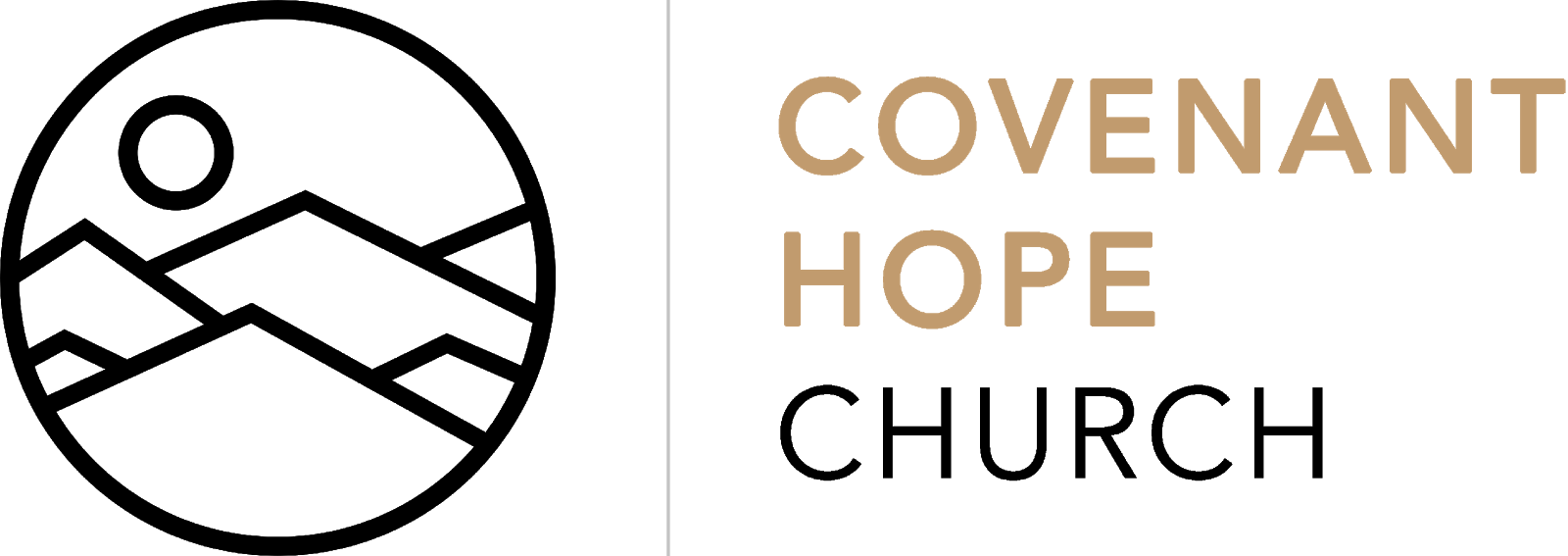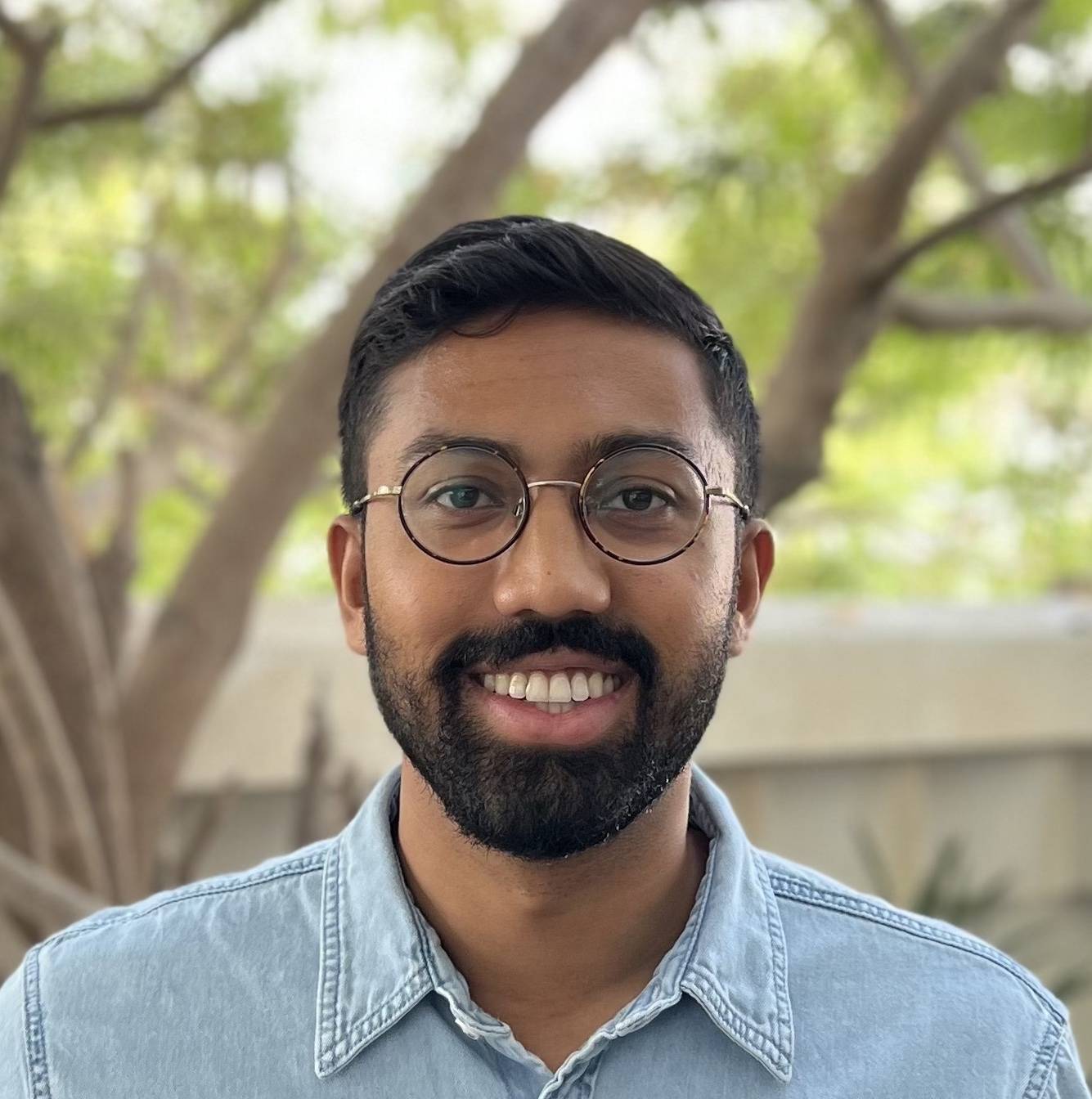Daniel 3 – 20th, February 2021
Observation
What does it say?
- Read Daniel 3
- Who are the characters? What places are mentioned?
- What are the repeated words/phrases?
- What does the king make in v. 1?
- What does the king command in vv. 2–7?
- What do the Chaldeans accuse the Jews of?
- How does the king respond in vv. 13–15?
- How do Shadrach, Meshach, and Abednego respond to the king's command in vv. 16–18?
- What happens to the three Jews?
- How does the king respond?
INTERPRETATION
What does it mean?
- What connections are there with chapter 1 and 2?
- How is King Nebuchadnezzar contrasted with God?
- Why is it significant that Shadrach, Meshach, and Abednego don't bow down and worship the golden image?
- Contrast King Nebuchadnezzar's decree in vv. 5–6 and in v. 29.
- Why the change?
- How is this passage grounded in the gospel?
- What is the main point of this passage?
APPLICATION
How should it change us?
- In v. 7 "all the peoples" bowed down and worshiped. How are you tempted to follow the crowd when it could be sin?
- While most of us aren't tempted to bow down to physical idols, how are we tempted to worship other 'gods'?
- How can we resolve, like Shadrach, Meshach, and Abednego to worship God alone?
- In trials and persecution, how do help others trust God?
Print Bible Study
Daniel 3 – 20th, February 2021
Observation
What does it say?
- Read Daniel 3
- Who are the characters? What places are mentioned?
- What are the repeated words/phrases?
- What does the king make in v. 1?
- What does the king command in vv. 2–7?
- What do the Chaldeans accuse the Jews of?
- How does the king respond in vv. 13–15?
- How do Shadrach, Meshach, and Abednego respond to the king's command in vv. 16–18?
- What happens to the three Jews?
- How does the king respond?
INTERPRETATION
What does it mean?
- What connections are there with chapter 1 and 2?
- How is King Nebuchadnezzar contrasted with God?
- Why is it significant that Shadrach, Meshach, and Abednego don't bow down and worship the golden image?
- Contrast King Nebuchadnezzar's decree in vv. 5–6 and in v. 29.
- Why the change?
- How is this passage grounded in the gospel?
- What is the main point of this passage?
APPLICATION
How should it change us?
- In v. 7 "all the peoples" bowed down and worshiped. How are you tempted to follow the crowd when it could be sin?
- While most of us aren't tempted to bow down to physical idols, how are we tempted to worship other 'gods'?
- How can we resolve, like Shadrach, Meshach, and Abednego to worship God alone?
- In trials and persecution, how do help others trust God?


